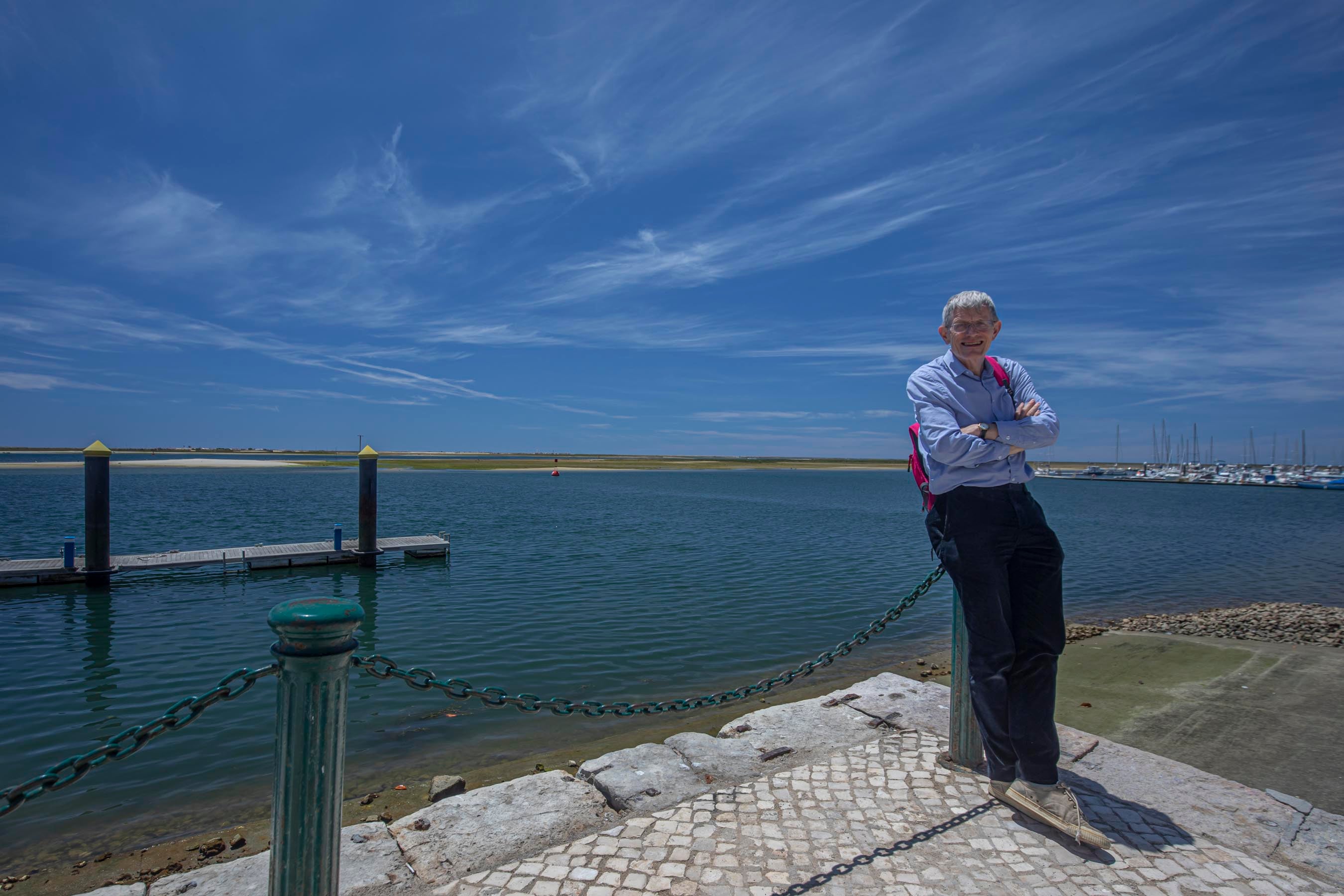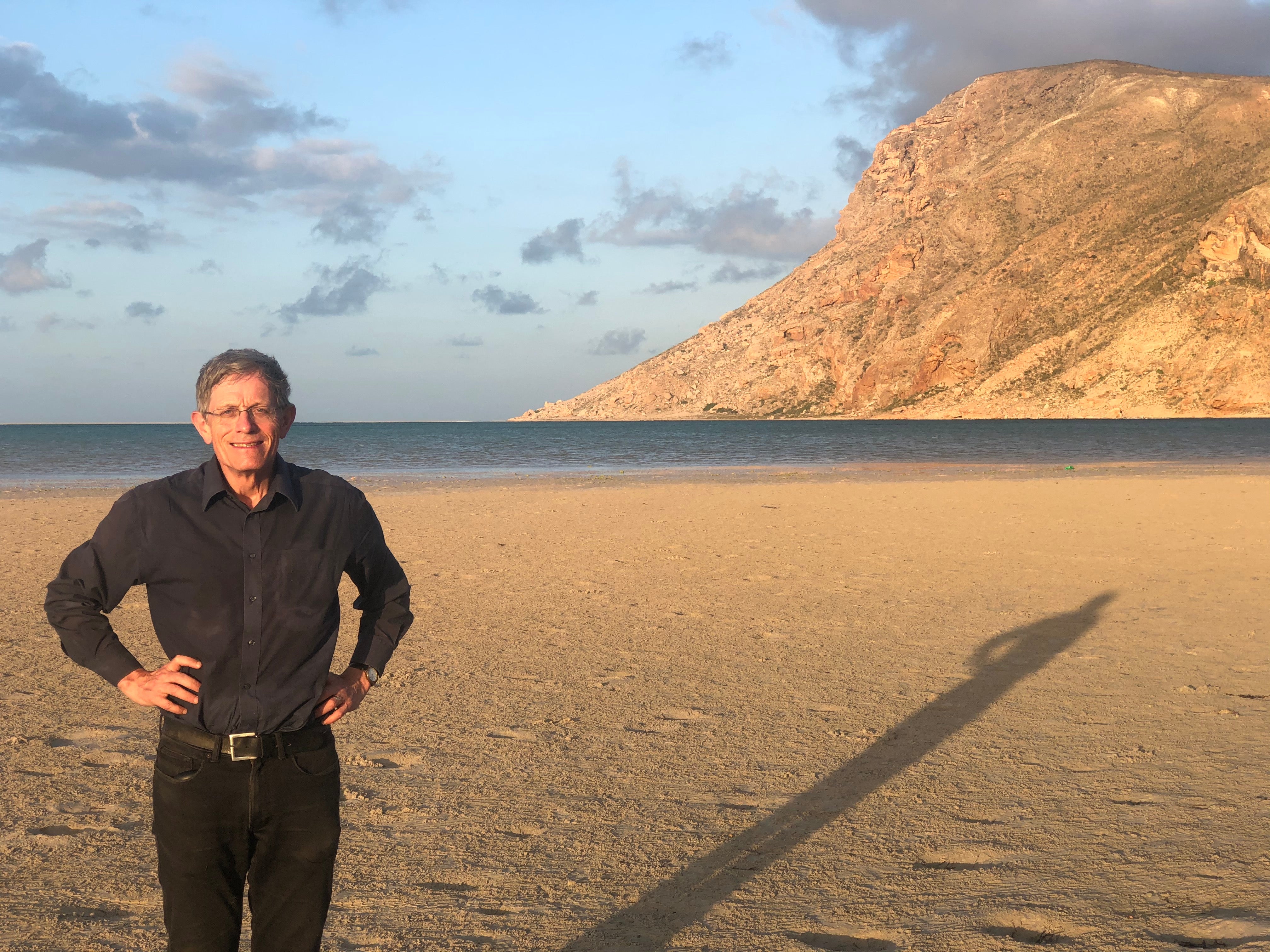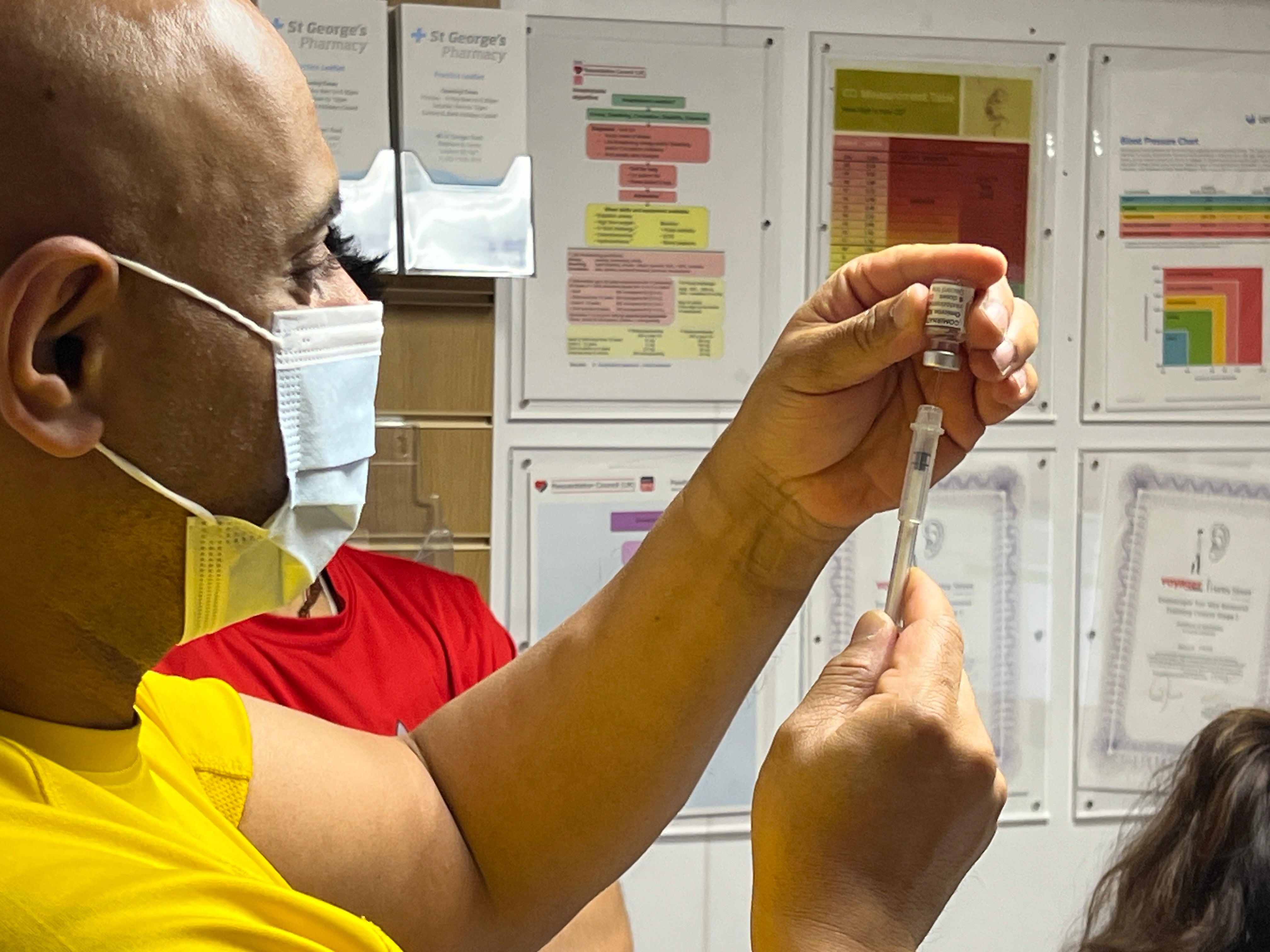Will 2024 be the year happiness returns to travel?
Covid and Brexit trampled on the joy of a holiday – but now we crave adventure more than ever, writes Simon Calder


Julian’s car was a metaphor for how the joy of travel vanished.
On Saturday 1 February 2020, the BMW spluttered up the hill heading west from Dover on the A20. As we approached the summit, Bavarian engineering relinquished its reputation for reliability and dumped us unceremoniously on the edge of the road.
Julian and I were returning from France after a significant event the previous evening. We had boarded the first ferry from the UK that would arrive in the European Union after Brexit officially took effect on 31 January 2020. Boris Johnson’s war with Europe was still in the phoney stage; the full force of the withdrawal agreement would not hit until the start of 2021.
After the ferry docked in Calais, we found that exactly nothing had changed. French food remained delicious. The beaches and backwaters were just as beautiful. Dunkirk, the northernmost city in France, was friendly and fascinating.
Yet the pleasure of being back in France was tainted by the upset of knowing one’s country had filed for divorce from a set of partners who seemed the best one could ask for.
The locals – baffled by the notion that a nation should commit such an enormous act of self-harm – offered those of us with GB plates a soupçon of pity.
Soon after driving off the ferry, we needed rather more than that.
That forlorn feeling prevailed long after the breakdown truck took our ailing automobile away. As February dragged on to its full 29 days, the number of upset holidaymakers contacting the travel desk soared. Initially, it was passengers booked on Asian cruises who discovered that their voyages had been cancelled or curtailed because of what we at The Independent called “the Wuhan coronavirus”.
Being cursed with wholly unrealistic optimism, I imagined that the fuss about the respiratory disease would soon subside. At the start of March, I embarked as planned on a complicated journey across the Middle East that ended in Yemen. Before all communication was lost on the Indian Ocean island of Socotra, I picked up a text indicating that British planes bound for Spain were turning around in mid-air.

Five days of blissful isolation on an island close to heaven came to an abrupt halt in the early hours of Monday 16 March 2020. The travel company had sent word that the last plane would be flying out that day to Cairo.
The following morning, as frontiers around the world clattered shut, the British government issued an official warning against going anywhere abroad.
It would prove a joyless spring and early summer for all of us with trips already paid for, with the added stress of trying to extract cash from travel firms who were unwilling – and often unable – to pivot instantly from offering adventures to paying out refunds.
When permission to venture abroad was finally granted in July 2020, the act of travelling internationally turned out to be a one-way route to misery. For month after month, arbitrary rules were imposed and suddenly changed without warning or rationale. On 24 July 2020, Spain was a safe place to visit; by the following day, all British holidaymakers faced two weeks of self-isolation.
Following the science? Covid decisions were so random that even the most senior travel industry figures found out about grievous harm to their businesses – in the shape of fresh travel restrictions – from leaks by ministers to friendly newspapers.
How could anyone ease into the joy of a chilled glass of wine at a waterside taverna when, at any moment, the prospect of 14 days in solitary on return home might be announced?
The Covid inquiry has since revealed that the widespread sense that travel was being controlled by headless chickens was spot on. When, early in 2021, a social media ad warned of arrest for even turning up at an airport without a valid reason, I called the Home Office to check it was not a spoof.
On 17 May 2021, international travel resumed – but only to a laughably small handful of countries on the government’s cobbled-together “green list” of places from which travellers returning to the UK would not be required to quarantine. I was on the first plane to Portugal – the only major destination on a list that had been bulked out to a round dozen with inaccessible British overseas territories.
For a few days, happiness prevailed. The sun shone from a clear blue sky as I explored the Algarve coast – more closely than I had ever done, since almost all other foreign shores were off limits.
Then the madness returned. Portugal was taken off the green list. Just as the school holidays began, France was moved into a special quarantine category that became known as “amber plus” – apparently at the behest of Boris Johnson and his chancellor, Rishi Sunak. They were acting on reports of a variant circulating at high levels in French territory. The actual rogue location: Reunion, a fragment of France in the Indian Ocean.
Yet in the topsy-turvy world created by ministers for their travelling subjects, the French mainland was placed effectively off limits while anyone visiting the variant-rife Indian Ocean island was untouched by quarantine.
That summer, I made a tour of the “corona curtain” – Germany was safe, while every nation around it was regarded as dangerously infectious. I was careful to board the rear car of a tram heading from Germany to the Swiss city of Basel; at the stop on the border, the front carriage was over the line – triggering, for those unfortunate enough to be seated there, many days of sitting alone in a room on return. But at least it would not cost me £2,000 – the cost of hotel quarantine for those from “red list” countries. The policy, designed to appease right-wing elements in the government, was later found to be completely pointless.

While actual science delivered effective vaccines, Britain blundered on in this fashion until March 2022. And at the moment when all UK travel restrictions were lifted, we all decided to start making up for lost sunshine, city breaks and adventures. Many of the travel firms who had been pleading with ministers simply to be allowed to trade found that they could not. Expertise and experience had left an industry whose future now looked bleak.
The travel industry had largely been in a coma for two years – and was suddenly expected to perform with the same athletic prowess it had possessed at the start of the decade.
Staff shortages, from security personnel to pilots, became the story of the summer. With tens of thousands of flights cancelled, primarily by British Airways and easyJet, a plane ticket sometimes came with as little certainty as a lottery ticket. Masks were still de rigueur in many circumstances, adding another dollop of joylessness, and the expensive bother of testing before travel endured for some destinations for a ridiculous length of time.
Before Covid, travel for the fortunate British had become effortlessly happy, offering wider horizons, lower prices and greater safety than any previous generation had enjoyed. Today, safety remains a given – with 2023 proving one of the best ever years in terms of the infrequency of aviation accidents.
Our horizons, though, are not as wide as they were at the start of 2020. The British passport was enfeebled by Brexit, with the government asking us to be treated as “third-country nationals” (read “second-class citizens”). We face restrictions on the length of stays in the EU and encounter absurd passport queues that remind us of that democratic decision to abandon the European ship. Leave means turning up the stress dial to 11.

Airlines have not rebounded fully to the capacity they offered four years ago. After being pummelled by arbitrary government decisions and burdened with debt, they are happy for the supply of seats to lag behind the demand for travel. The only way for fares is up. “One seat left at £379,” the easyJet website currently warns of next Saturday’s flight from Gran Canaria to London Gatwick. On “half-term Saturday” (10 February) from London Heathrow to Geneva, British Airways fares are peaking at £1,753. At close to £4 per mile, that is way above even Concorde prices. But with zero glamour.
That some passengers are prepared to pay such sums reflects a hunger for escape at almost any cost. Three decades ago, the typical budget-minded traveller would never dream of flying to the Alps. They – alright, I – would instead endure an arduous rail and sea journey to Switzerland.
Terrestrial travel is still available, and it is faster, more comfortable, and cheaper than before.
On that same surging Saturday, 10 February, the lowest fare on Eurostar and a French TGV is £184 – a little over one-tenth of the airfare. The journey from central London to Geneva takes barely seven hours, and everything from the security search to the baggage allowance feels much easier than flying.
Ascend to an Alpine peak. Then let go while gravity urges you downhill in arcs of varying perfection. It is the same physical experience. But after the near shutdown of international travel, which gave way to an obstacle-strewn landscape, the emotional response is more intense, more gratifying, more joyful.
Others feel the same with their first leap into the pool of an all-inclusive resort. Not my kind of holiday but delivering the same blessed relief for those scarred by involuntary immobility: the best that the industry of human happiness can deliver.
Covid and Brexit trampled on the joy of a holiday; now we crave adventure more than ever.
The travel world is still striving to find the same exuberant equilibrium that prevailed four years ago. Those who are deeply concerned about the impact of industrialised tourism fear that our hunger to explore and indulge is already dangerously close to an addiction that can end only in sorrow.
Ever optimistic, I think our choices will become smarter. Nearly four years on from the BMW meltdown, Julian has finally bought another car: a hybrid. Calais, here we come.






Join our commenting forum
Join thought-provoking conversations, follow other Independent readers and see their replies
Comments